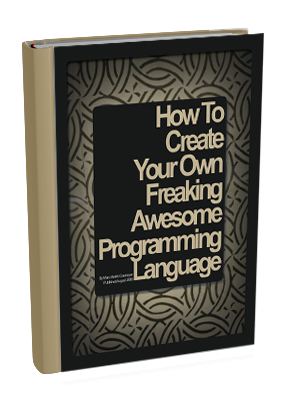In January 2025, we held our fourth (!) edition of Creator Camp — a free 30-day challenge to help participants build consistent social media habits.
I led and participated, sharing resources and prompts. Each participant selected a platform, format, and posting cadence. Me? I went for videos on LinkedIn five to seven days per week. By the time the Camp was over, I had published 25 posts in 31 days.
This wasn't my first Creator Camp rodeo. In October 2024, I participated and generated 300,000 impressions across 31 posts. But this time, I had different priorities. Instead of chasing metrics, I focused on monetization and intentionality with my content pillars.
What started as a challenge quickly became a strategic shift in my LinkedIn presence. Despite generating "only" 83,000 impressions (compared to October’s 300,000), the quality of engagement landed me my first brand partnership just 21 days in.
Here’s what happened when I committed to LinkedIn consistency — plus the surprising insights and actionable lessons you can apply to your LinkedIn strategy.
Setting the stage
When choosing my platform for Creator Camp, LinkedIn was a no-brainer. Apart from being where I have my largest audience, with 15,000+ followers, the platform is seeing a surge in interest as a platform for creator growth.
My content strategy
I approached this challenge with a clear focus:
- Primary format: Video (with some text and image posts)
- Content pillars: Personal branding, remote work, AI tools, and LinkedIn brand partnerships
- Posting frequency: 5-7 times per week
Rather than posting for the sake of posting, I wanted to test specific hypotheses:
- Would consistency alone boost my visibility?
- Could I monetize my LinkedIn presence through brand partnerships?
- Which content types and topics would resonate most with my audience?
With these questions in mind, I set out on my 30-day journey.
The data after 30 days
After 31 days and 25 posts, the numbers were in:
- Total impressions: 83,330
- Total views: 43,647
- Total reactions: 2,628
- Total comments: 505
- Total shares: 82
But the real insights came from digging deeper into the data. Here's what I discovered:
1. Content type matters — but not why you may think
During my experiment, I posted:
- 19 video posts
- 3 text-only posts
- 2 image posts
- 1 document post
The performance breakdown revealed some surprising patterns:
| Content Type | Avg. Impressions | Avg. Reactions | Avg. Comments | Avg. Engagement Rate |
|---|---|---|---|---|
| Video | 3,383 | 112 | 20 | 3.64% |
| Image | 5,062 | 150 | 19 | 3.51% |
| Text | 1,777 | 40 | 26 | 3.48% |
| Carousel (Document) | 3,606 | 80 | 9 | 2.63% |
Despite video making up 76% of my posts, image posts generated the highest average impressions (50% more than video), while text posts drove the most conversations.
2. Authenticity and milestone-sharing drove peak engagement
My highest-performing post wasn’t a polished how-to or deep dive. It was a candid update about securing my first brand partnership.
- Impressions: 5,052
- Engagement Rate: 5.23%
- Reactions: 221
- Comments: 41
Similarly, my second-best post announced my goal to make $20,000 from LinkedIn and outlined my plan.
3. Direct calls-to-action generated tangible results
One of my best-performing posts was a simple request for Substack recommendations. Despite lower impressions, it generated the highest number of comments (68).
4. Consistency compounds (even when individual post performance varies)
By week 4, my average impressions per post increased by 46%, reinforcing LinkedIn’s preference for consistent creators.
The challenges and how I overcame them
Committing to five to seven posts per week wasn't without its struggles. Here's how I navigated the common pitfalls of consistent content creation:
Content creation fatigue
By the middle of week two, I hit a wall — not with ideas, as I had an abundance of prompts from Creator Camp. But I was struggling to keep up the inspiration required for 5 thoughtful posts every day, on top of my regular workload.
Solution: I implemented a simple but effective system:
- Created a content calendar with flexibility built in (three planned posts, two to four flexible slots)
- Filmed videos in batches so I never ran out of posts
- Kept a running content inspiration flow in my Create space in Buffer
This approach reduced the daily decision fatigue while maintaining enough flexibility to post about timely topics.
Dealing with underperforming posts
Not every post was a winner. My lowest-performing post received just 857 impressions and 17 reactions — a fraction of my top performers. Initially, these "flops" felt discouraging.
Solution: I started analyzing these posts objectively rather than emotionally. This revealed valuable patterns:
- Posts published after 2 p.m. (UTC+1) consistently underperformed – so I needed to find the best time to post. Thankfully, we have that data handy.
- Posts without a clear hook in the first line generated fewer impressions
- Overly complex topics without personal stories saw less engagement
Instead of seeing these as failures, I reframed them to refine my strategy. I focused on creating stronger hooks and scheduling posts (with Buffer, of course).
Balancing quality with consistency
The pressure to post daily sometimes tempted me to sacrifice quality for the sake of "just getting something out."
Solution: I established minimum quality standards for each post:
- Must provide genuine value (insight, entertainment, or inspiration)
- Must include a compelling hook and clear takeaway
- Video posts must h
Recommended Story For You :
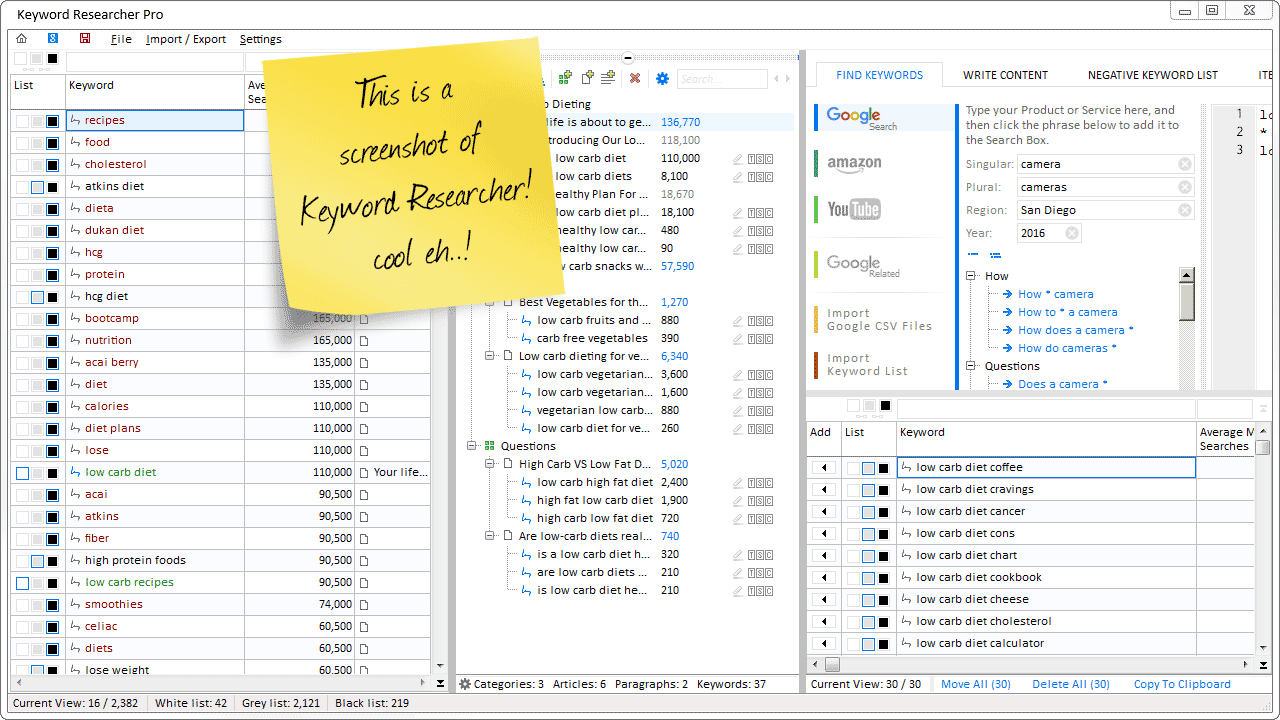
Organize Keywords and Import CSV Files from the Google Keyword Planner
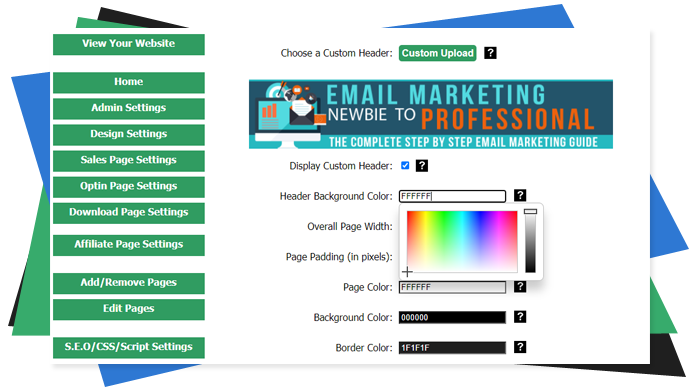
The Most Affordable And Easiest User Friendly Page Builder You Will Ever Use!

Instant WordPress Theme That Matches Your Website
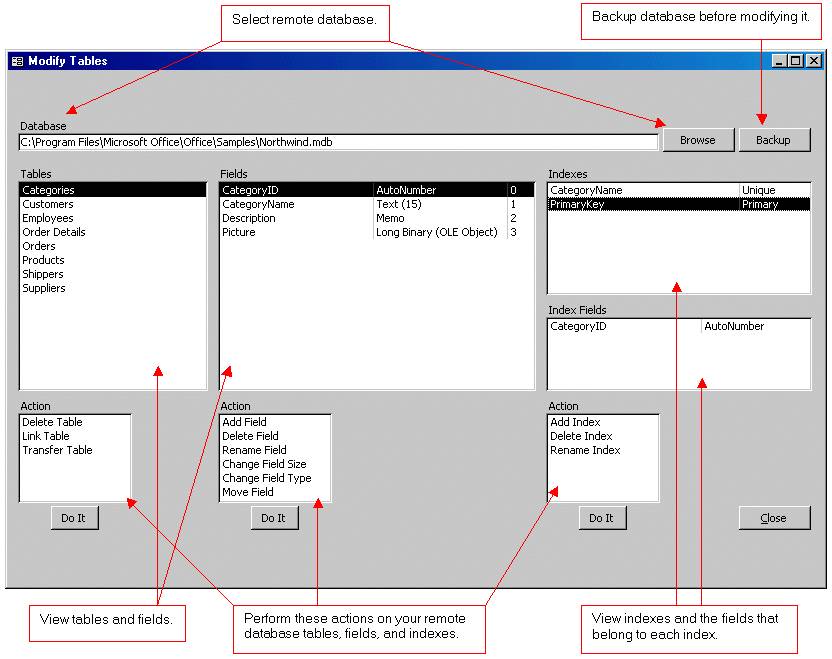
Wizard to Manage Remote Backend MS Access Database Tables Fields and Indexes

If you had an aisle-by-aisle grocery list wouldn't you spend less money on impulse items?
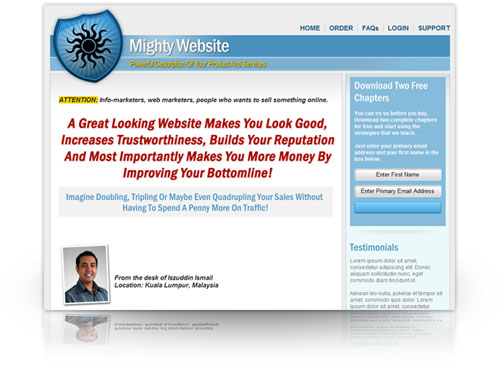
everything you need to create a professional corporate look mini-site is there.
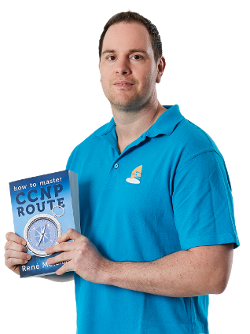
Unlock Your Networking Potential with GNS3Vault
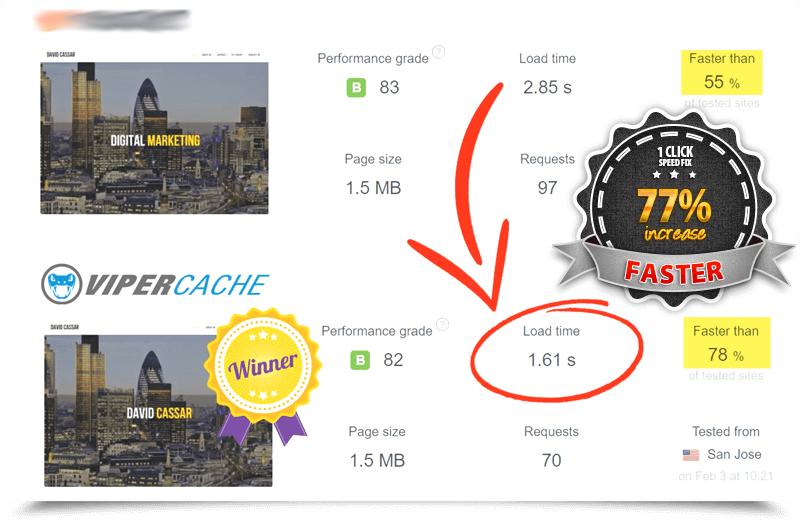
Viper Cache Was 77% Faster Than The Competetion

Understanding Stock Market Shorting eBook
